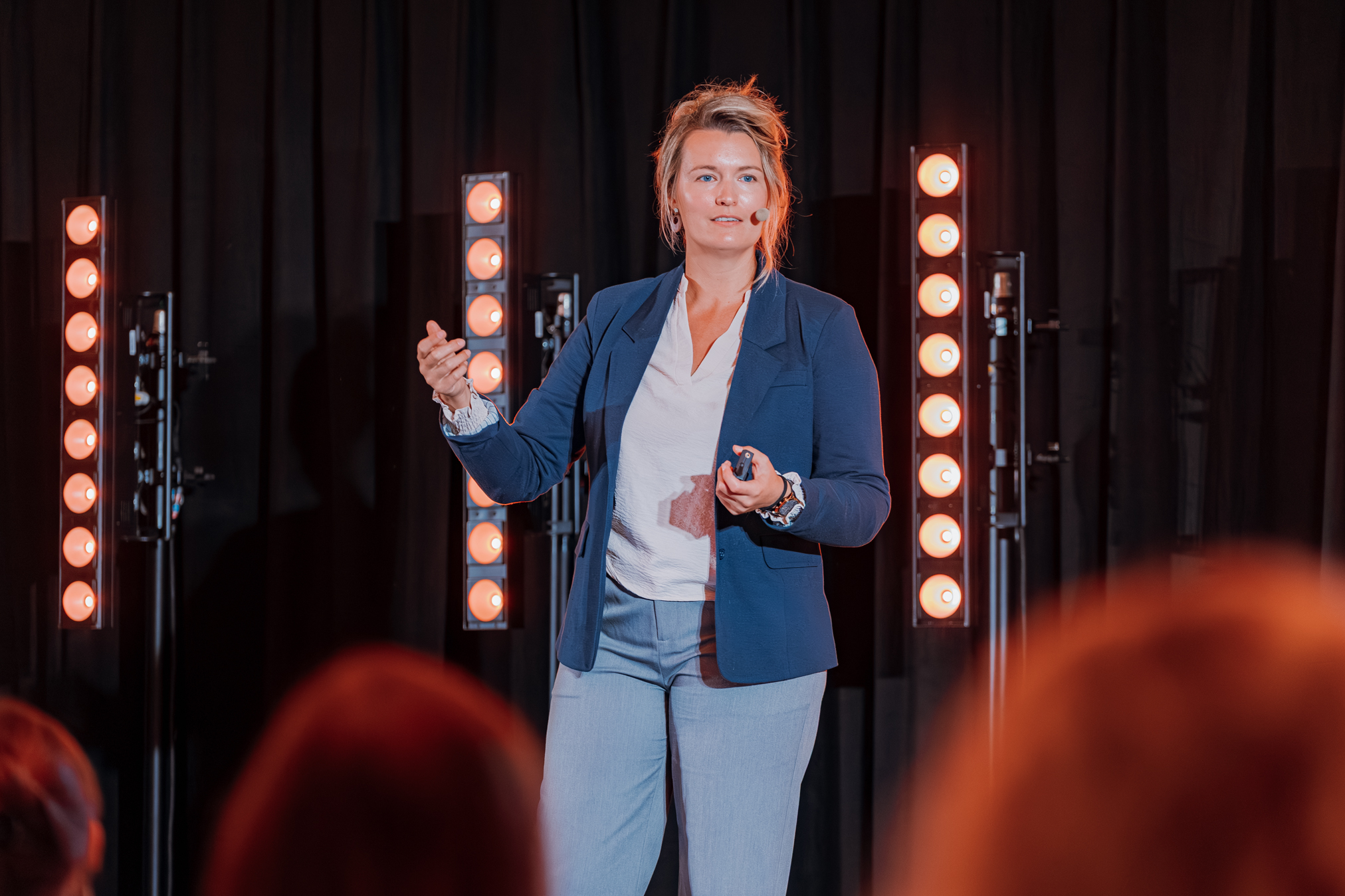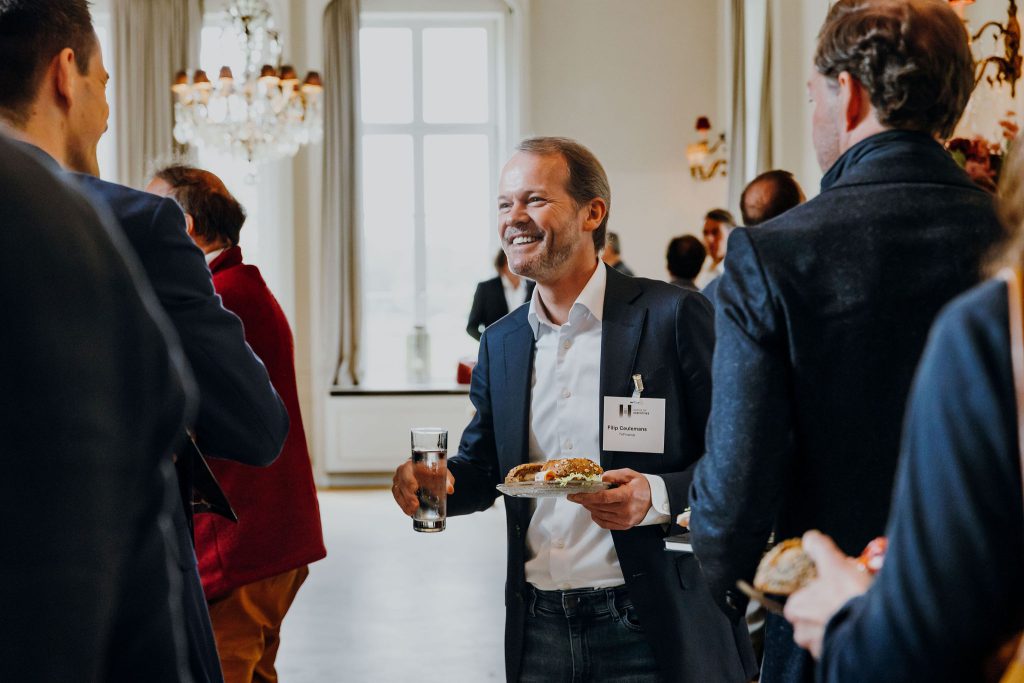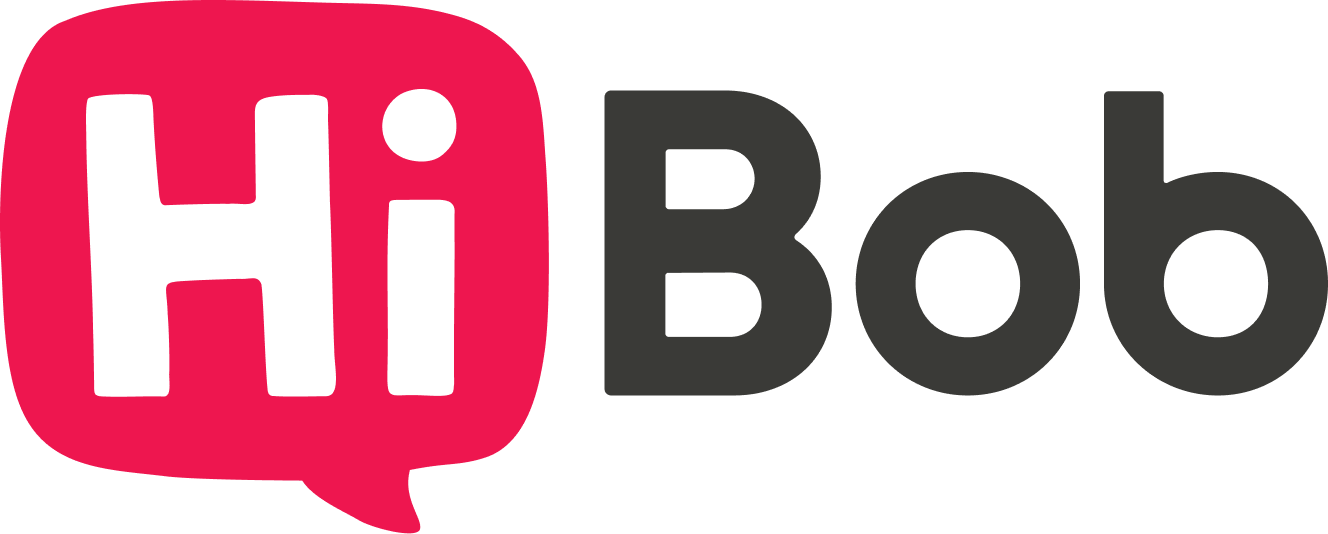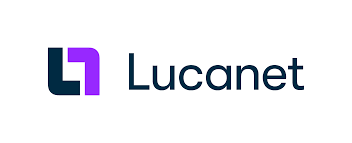
Young M&A Forum: things to bear in mind about diversity and inclusion
Recently, our very first Young M&A Forum took place, for M&A professionals under the age of 35. A well-attended evening around a hot topic: diversity and inclusion. Were you unable to attend? Let us give you some insights, drawn from a compelling keynote by Eve Vlemincx, strategic advisor and executive educator at Stanford and Harvard, and the panel discussion that followed.
Community manager Daphné Debaenst welcomed the guests at this evening centered around the theme ‘How young M&A professionals can be agents of change’. “The problem is,” Eve Vlemincx starts off, “that (almost) all of us are guided by prejudices, which we then rationalise with superficial excuses. For example, we hire people who look like ourselves. And that’s nobody’s fault. We do it unconsciously. The problem is that we are not aware of the impact. Because in doing so, we exclude others who are different from us. For them, we raise the bar just a little higher.”
And what’s more, this is how we end up with homogeneous teams. “Teams made up of people who are very similar. As a result, we lack different perspectives. Perspectives that are nonetheless crucial to achieve innovation.”
Deep diversity and inclusion
But when Eve says we need diversity, she is not merely referring to people of different gender, ethnicity and socio-economic background. “No, what we really need is ‘deep diversity’. Diversity in terms of knowledge, perspectives and backgrounds.”
We should create an environment where people are seen and valued. Not in spite of, but rather because of their differences.
Except, deep diversity alone is not enough. “This is because these deep differences must also be allowed to flourish. And that can only be achieved in an inclusive environment. Which is why we should not only focus on diversity, but also on inclusion. This requires an environment where everyone feels part of. An environment in which everybody – including the people who are different – are seen and valued. Not in spite of, but rather because of their differences. Because the richness can actually be found in those differences.”
Why is this so important?
First of all, because your employees will feel at home in your corporate culture, and will no longer need to fit in. Plus, it stimulates innovation. “Because in order to innovate, you need new ideas. Which, in turn, requires new knowledge, insights and perspectives. Something you can only obtain if there is diversity in an inclusive environment, where there is psychological safety. A team in which any idea, any opinion, any input is allowed to surface without any negative consequence”, Eve Vlemincx stresses.
How can we create this environment?
For starters: speak up! “Let everything surface, both inside yourself and towards others. Also, explicitly question things, including yourself: are you being prejudiced? Make clear what perspective you think you still need. And approach others with curiosity about why they do what they do, rather than judging them.”

Explicitly question things, including yourself: are you being prejudiced?
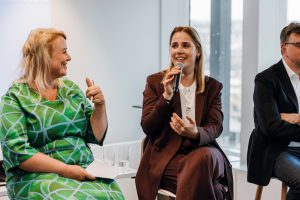
“When we recruit, we do this with ’the big wheel of Fortino’, based on the Insights model with the well-known personality types,” explains Renaat Berckmoes, Partner at Fortino Capital. “To achieve the best results with a team, you need a mix of all the Insights colours: blue, red, yellow and green.”
To get to know a candidate’s personality, you can ask atypical job interview questions. These could include: “What is the biggest challenge you ever faced in your life, and how did you tackle it? By doing so, you will find out a lot about who is sitting in front of you”, Eve Vlemincx continues.
Why is this an issue at this point in time?
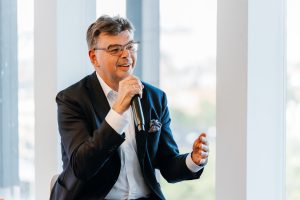
In the M&A world, we have a strict separation between homogeneous groups. When we tackle a project, we do so with a team that consists of legal, fiscal and financial advisors. People with the same expertise. Is that a reason why diversity and inclusion seem more difficult in M&A? “In part it is”, Eve acknowledges. “But that is all the more reason to allow all opinions to flourish in such a homogeneous group.”
Thanks to Simont Braun for hosting this Young M&A Forum and to our Principal Sponsor Ansarada.
Take a look at the pictures here.
Recente artikelen
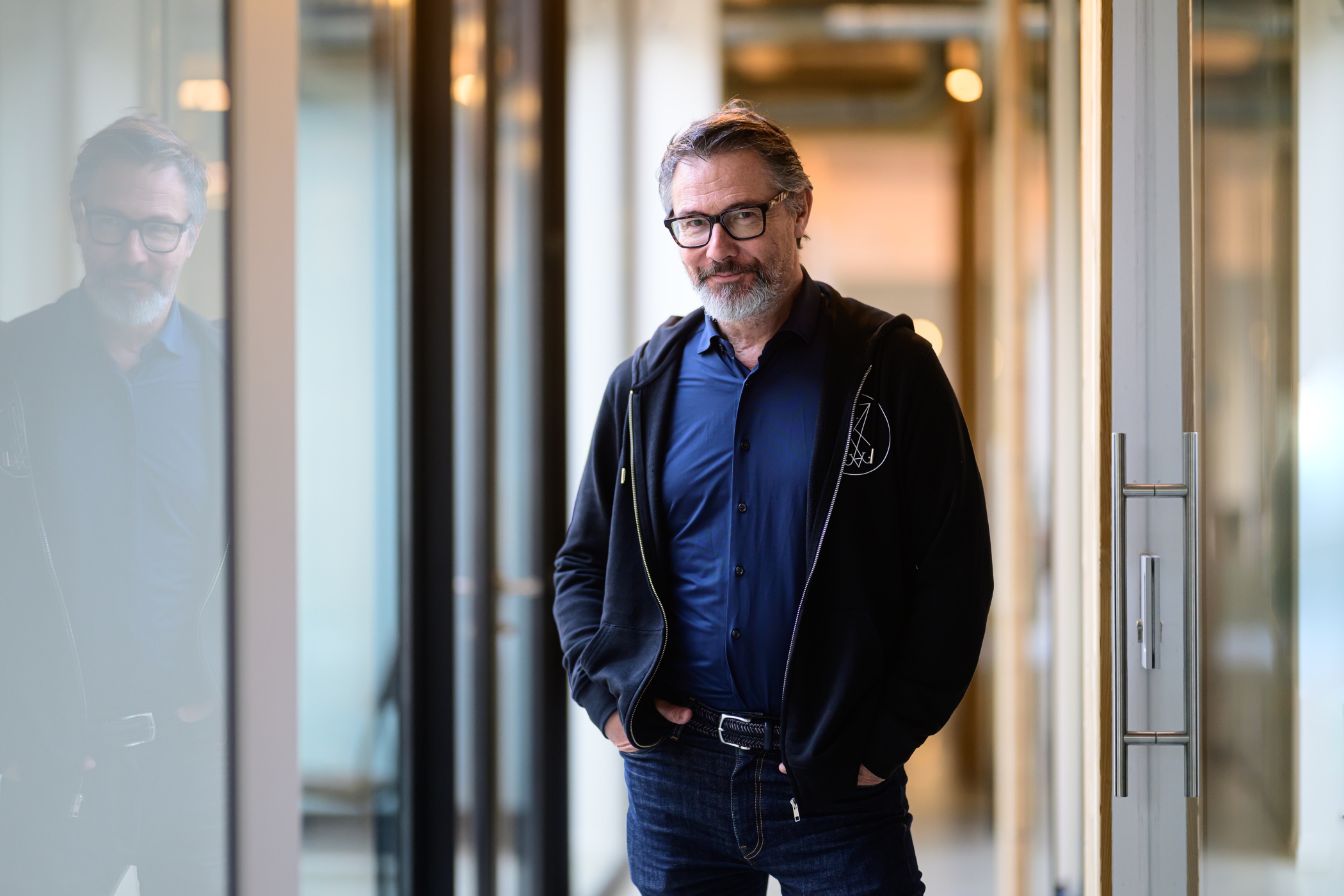
Internetpionier Jo Caudron verrast met zijn nieuwste boek: ‘Fuck the system. (En andere slechte ideeën voor de toekomst)’. Hoewel het boek politiek lijkt, draait het volgens hem vooral om één boodschap: bedrijven krijgen in Trump-tijden een cruciale rol in Europa’s strategische koers.
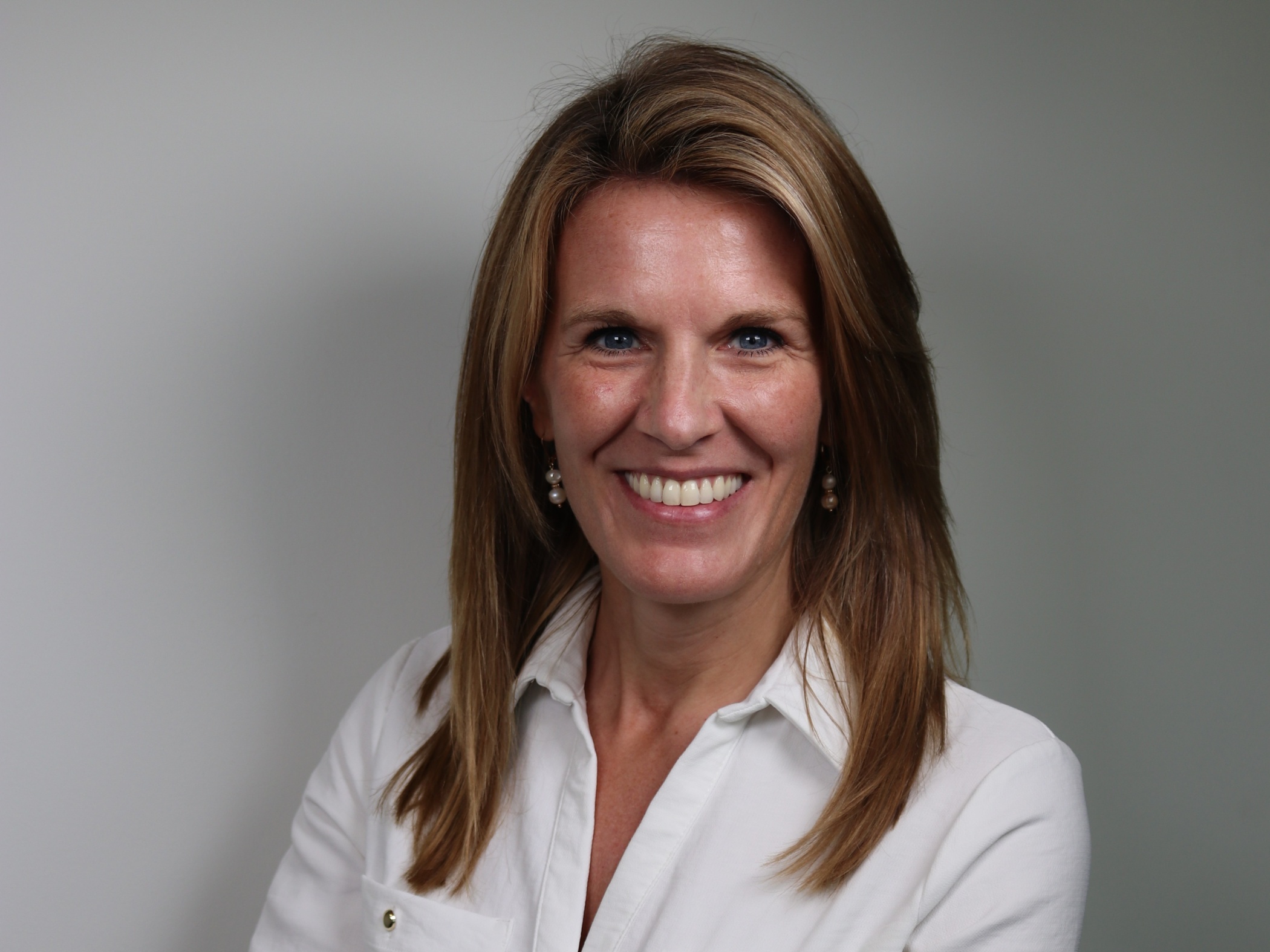
Dat de rol van de CFO de voorbije vijftien jaar ingrijpend is veranderd, zal niemand betwisten. Meer strategisch, klinkt het, maar welke soft en hard skills zijn vandaag belangrijk? Samen met Alexandra Lammens (ManpowerGroup) en Jurgen Van Eetvelde (Arvesta) tekenen we het profiel van de moderne CFO.
